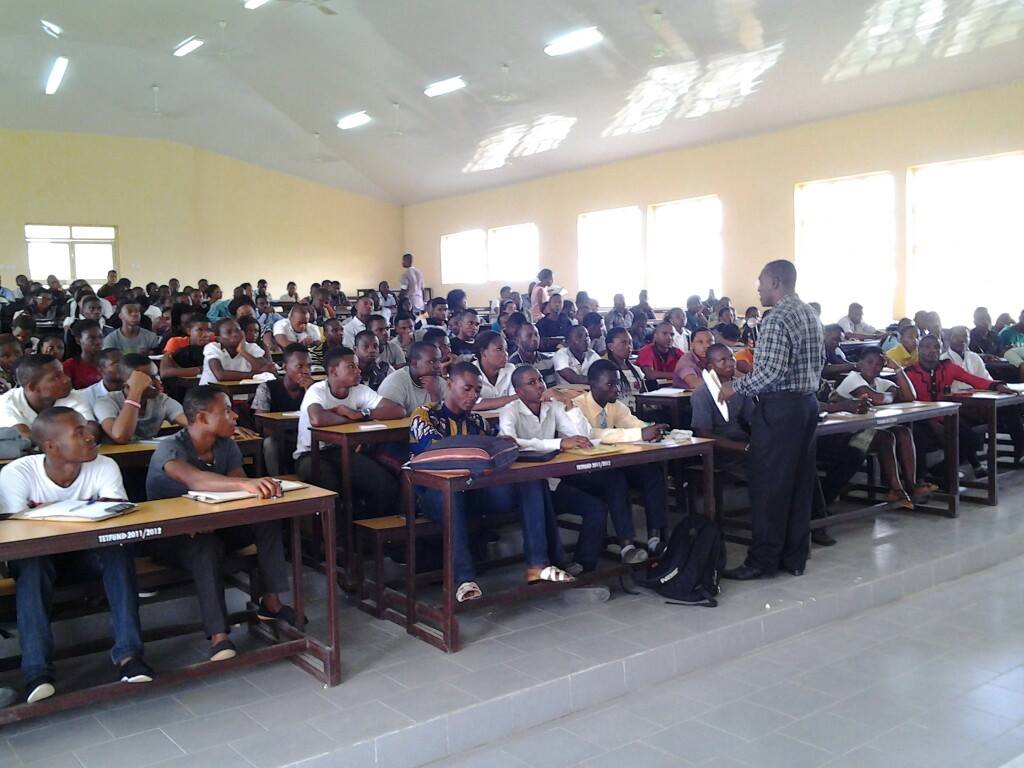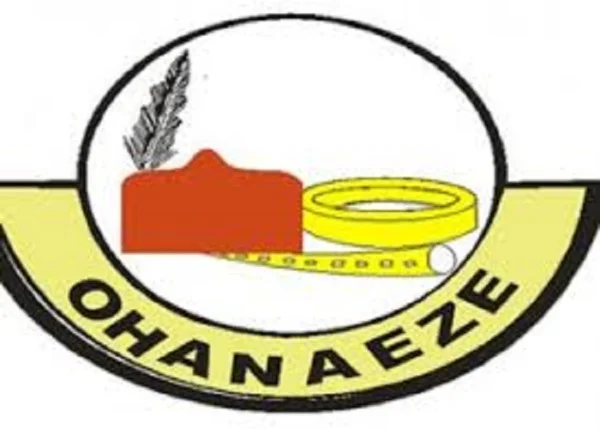The United Nations World Intellectual Property Organization, in conjunction with the Federal Government, has made plans to strengthen the country’s intellectual property policy.
This was revealed during a three-day National multi-stakeholders workshop for the validation of the draft National Intellectual Property Policy and Strategy of the Federal Republic of Nigeria, held at the United Nations House, Abuja.
The Solicitor-General and Permanent Secretary, Ministry of Justice, Mrs Beatrice Jedy-Agba, representing the Minister of Justice and Attorney General of the Federation, Mr Abubakar Malami, SAN, noted that the Federal Government is working to ensure that the country’s Intellectual Property law and administration are in line with current realities.
“I assure you that we are committed to modernizing the entire IP system in Nigeria. This will include the Trade Mark Act, the Patent and Design Act. There are also legislative work that we will be looking at to ensure that it is in line with the new copyright law.
“We hope that this will also serve as catalyst for needed reforms in all aspect of IP law and administration and then bring them in line with current reality in this digital age.” Jedy-Agba said.
Also, Miss Loretta Asiedu, representing the Director General, WIPO, Daren Tang, noted that with a population of over 218 million, with a median age of 18.1, Nigeria’s huge creative and innovative potential existing even amongst the youth demographic cannot be overemphasized.
She expressed the need to properly harness the creative potential of this kind of human capital by the adoption of policies that promote innovation and creativity through the intellectual property system.
“It is important, therefore, to develop a framework to unlock innovative potential by facilitating the use of the IP system for economic empowerment by all stakeholder groups and levels, including hitherto underserved parts of the population, including women, youth, small and medium enterprises and indigenous communities. Considering developments on the continent, such as the establishment of the African Continental Free Trade Area, with its potential impact on intellectual property rights, the time for this framework is now.
“For us at the WIPO, it is very encouraging to note that stakeholders in Africa are attaching great importance to intellectual property issues, shifting the paradigm from merely raising awareness on the subject, through assisting member states to develop legislative and institutional frameworks for the promotion and protection of IPRs, through building the capacity of member state IP offices to process applications, to assisting member states to develop, by way of a thoroughly engaging consultative process, National IP Policies and Strategies that demystify intellectual property and makes it far from a preserve of the wealthy developed nations.” She said.







2 Comments